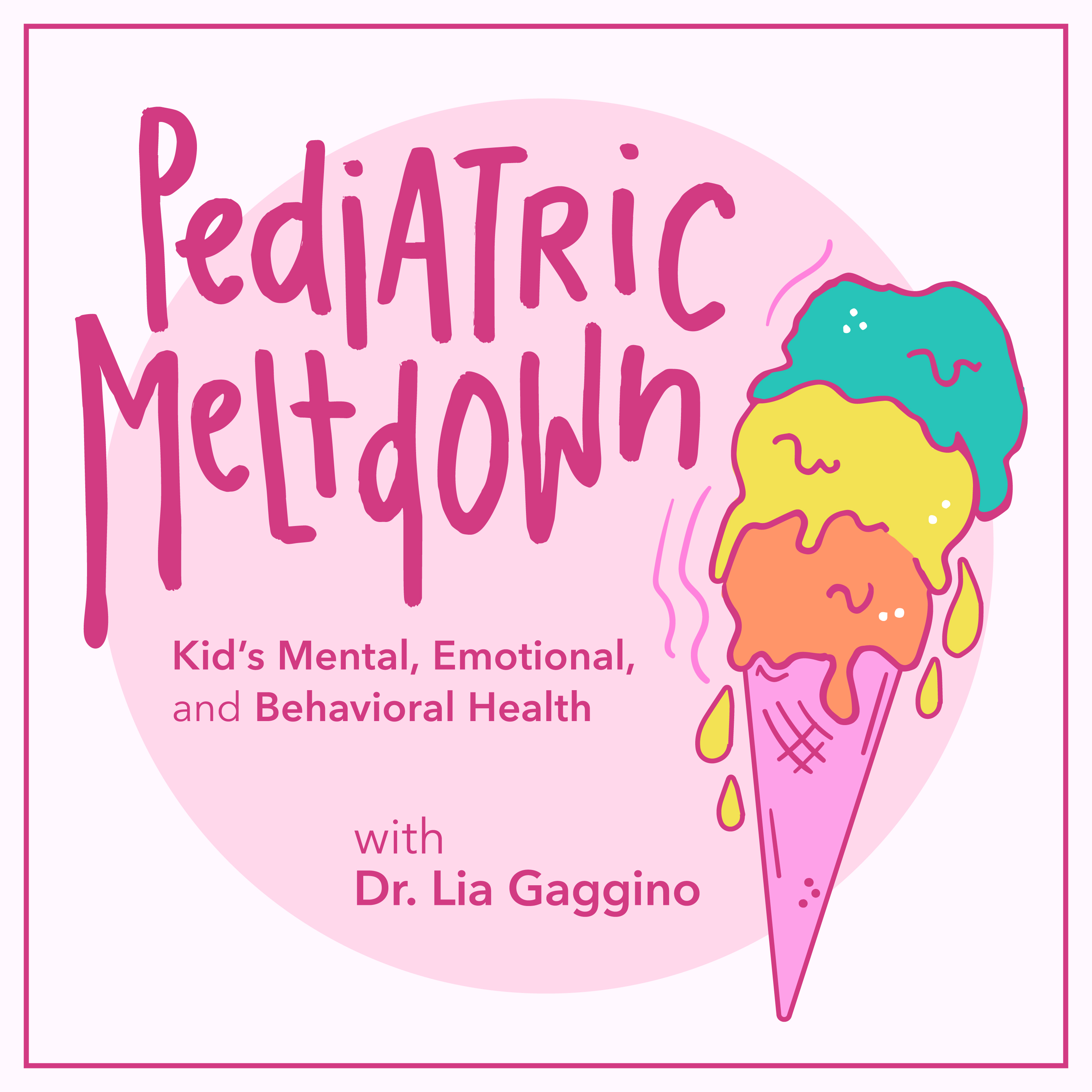
10. Meeting the Educational Needs of Children - Collaborating with Our Colleagues in Schools
Podcast: Pediatric Meltdown
Autor:Lia Gaggino
https://swiy.co/WhatAreYourThoughtsLet’s have some tough conversations around special needs, race and disabilities in school. I’ll be discussing this with today’s guest and my friend Rikki Saunders. Rikki is the director of special education at Kalamazoo Public Schools. She has also worked as a social worker in school and the community. Her role today is to find and identify children with disabilities who are enrolled in public schools in the Kalamazoo district and in need of special education and related services. She also helps educate staff to ensure they have the capacity to fulfill their responsibilities to execute Child Find under the Individuals with Disabilities Education Act. I’m excited to learn more from Rikki on meeting the educational needs of children, and how to collaborate with colleagues in the schools. [00:01 - 08:45] Opening SegmentIntroducing today's guest, Rikki SaundersExpertise and work Rikki gives some background on her story Always had a love for children Time and degree at UMich School social work Passionate about special education Preparing them for life We can do better [08:46 - 14:54] Changing Our Thinking of SchoolRikki talks about needing to change our approach We are here to serve We don’t turn people awayPeople come in with trauma Some are even homelessConsistency is key This system has everything the kids need The impact on children It’s their day to day existence Teachers spend as much time with kids as parents It goes beyond reading and writing [14:55 - 26:56] How Schooling Involves the Medical Community Rikki talks about kids coming into school with disabilities Qualifying for 504Diabetes example The options you have Teachers are responsible to accommodate needs Qualifying for IEP covered through IDEAThe school has to show qualifications The issue of behavior Determining if behaviors are a disability Can you progress?Response to an Intervention RTI Burden of proof The autism example It has to impact education to qualify The social side of disabilities Rikki’s procedureCan they do what their peers are doing?Social is part of the disability [26:57 - 53:56] Speaking to Bias and Race and Asking the QuestionsRikki talks about her responsibility The main mission Environmental vs. eligibility The African American Male exampleRikki talks about analyzing the race and social climates of certain communities Diversity is in the school Home is separate Cultural relevance training Being culturally aware We need to be included in the conversation It’s not the answers, it’s the discussion It’s uncomfortable but we need to talk about it What Rikki does to enter the conversation What do you know for sure, and what do you think? Challenging certain ideas Be clear on what you know for sure You can’t ignore the issues How Pediatricians should go about talking about police safety Having The Talk Know that it can be stressful for families How certain areas are affected over others Ask the questions Do you feel safe?Giving the feeling of
Fecha de Publicación: 11 de noviembre de 2020
Duración: 1 hr 3 min
Añadir a Playlist

Episodios Relacionados
-
249. The Pediatric Meltdown Podcast: Behind the Scenes junio 4, 2025
-
248. Conversation with My Daughter: Soft Body Baddie mayo 28, 2025
-
247. Human Trafficking: What Pediatric Clinicians Must Know mayo 21, 2025
-
246. Pediatric Psychopharmacology: Tips for Prescribers mayo 15, 2025
-
245. When Sadness Looks Like Anger: Rethinking Pediatric Depression and Behavioral Activation mayo 7, 2025